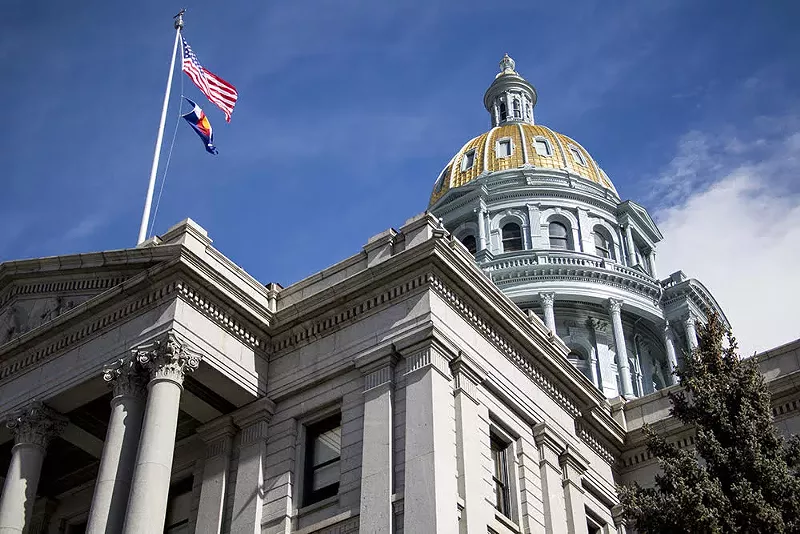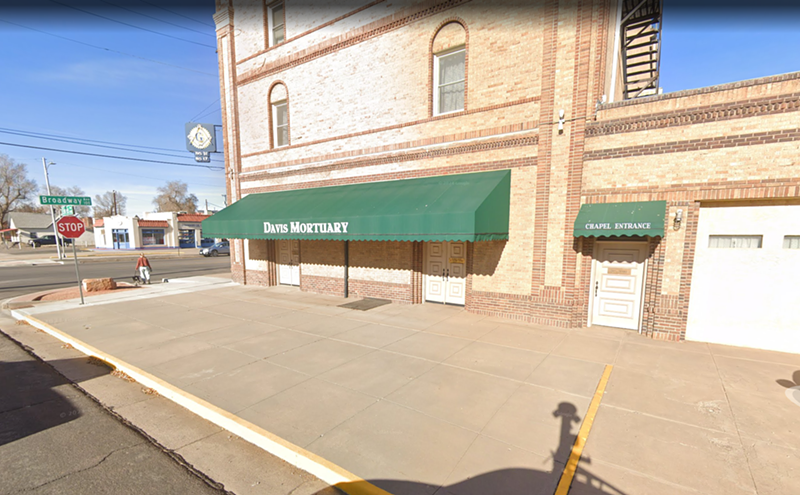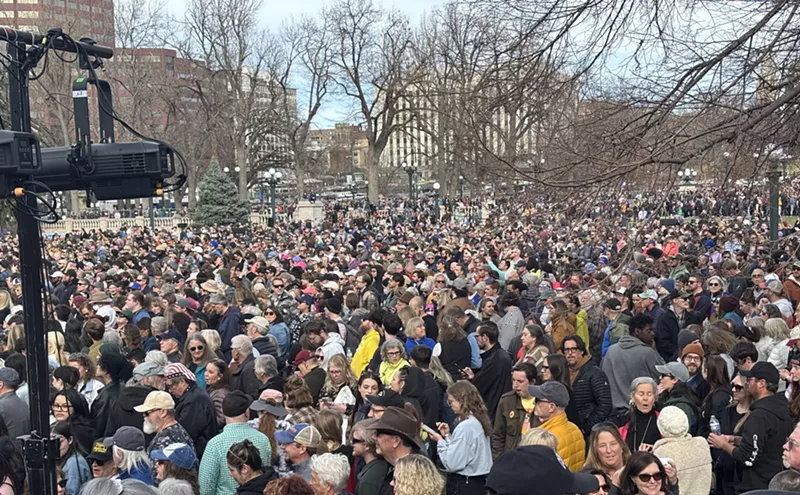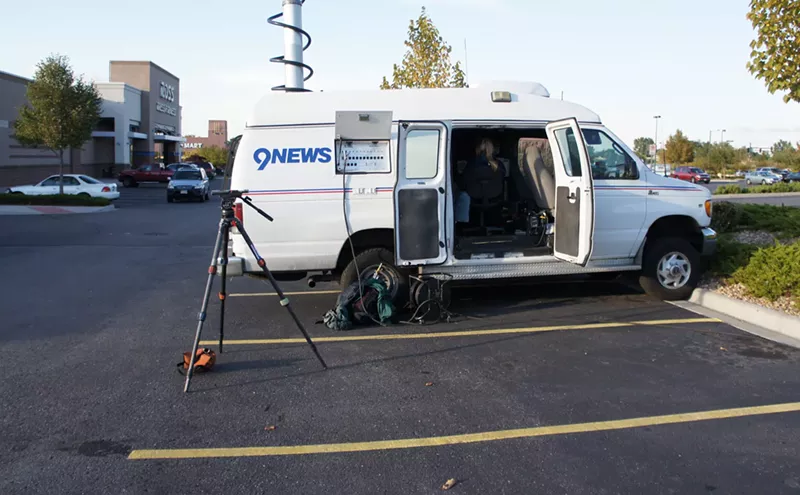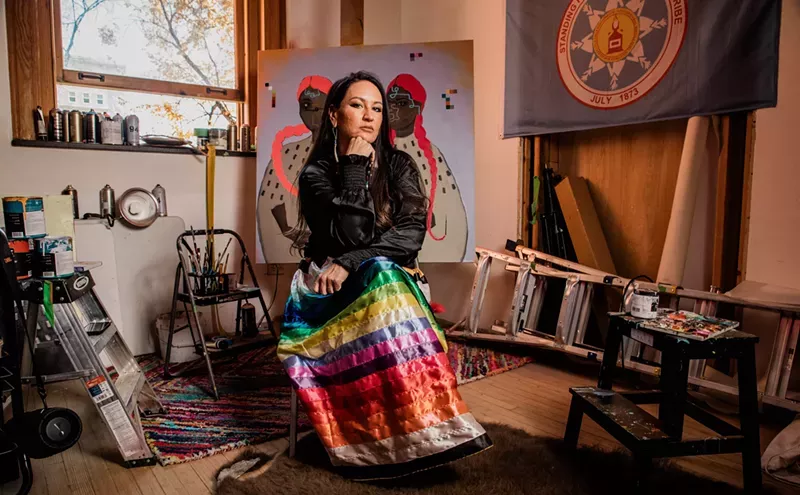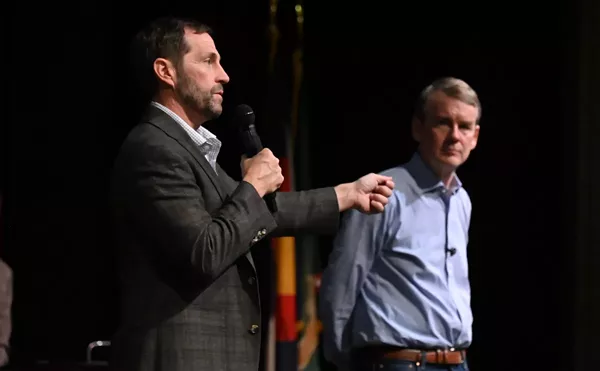By mid-February, Denver Public Schools had been enrolling 200+ new-to-country students each week, and just over 3,000 new students had enrolled in the district since the start of the year. Denver Public Schools and Aurora Public Schools districts have built plans to integrate thousands of new students — from establishing 24 school donation sites, building community hubs as an expansion of Family and Community Engagement Centers, and creating the "new arrivals support tool kit" to mutual support groups of DPS parents supporting new arriving families.
During a recent Denver Public Schools district meeting, updates on some of the changes already made to support the influx of students and families were discussed, such as new school bus routes, schools hosting welcome meetings, hiring more staff and coaching teachers to support integrating new migrant children, along with elevating bilingual programming and recruiting more bilingual staff.
The influx of students has meant using close to $17 million that schools would otherwise use for the school year, making budgeting difficult — highlighting the (already) underfunded public school system. With forced migration inevitably ongoing under current U.S. foreign policies, legislators are looking toward policy change to generate more revenue to service all our Colorado students. There is no doubt that equipping our districts with the right resources for families means one thing: We need more money to fund our public school system.
So on March 20, lawmakers on Colorado's Joint Budget Committee unanimously approved a draft bill that would secure $24 million in extra funding for schools that are taking in new migrant students. This bill would support all Colorado school districts that have enrolled any migrant students since October 1 (the school funding cutoff date). These schools could receive between $15,000 and $750,000 per district, depending on how many students they have enrolled since October 1. These funds could be spent on things like new desks, more classroom space, more teachers, bilingual staff and specialized teachers who can support English as a Second Language learners. The districts where the new arrivals have caused a significant net increase in students would get the most extra money, as much as an additional $4,500 for every newly arrived student.
Mental health is another service that is dramatically underfunded in Colorado — which will need to increase in schools. Theresa Myers, a spokesperson from the Greeley district, discussed the mental health needs: “A lot of these students are coming to us with severe trauma, some of the families from Venezuela, they’ve been trying to travel for months.” In the last year, 40,000 people have come to Denver, while 7 million people have left Venezuela. The mass emigration from Venezuela is a quarter of the country's population, considering this is the world’s second-largest refugee crisis. Many stories of unimaginable trauma have been shared from families that have made the passage for the public to better understand.
Meanwhile, Denver is fighting to keep mental health programming that is funded by pre-pandemic dollars that won’t be available after next September. That’s another reason why legislators are working on the $24 million bill that would be tiered in lump sum payments to school districts based on the number of new arrival students they’ve enrolled since the October 1 count day. Under the legislation, Denver Public Schools would receive approximately $750,000 for the 2,340 newcomers it has enrolled. The district would also get $4.6 million for the 1,025 net increase based on the $4,500 per student formula. Aurora Public Schools would get approximately $750,000, and the district would get about $3.3 million for its total increase of students since the October count.
Now, to some that might be substantial money, but isn’t Colorado known for paying our teachers at a level that's 39th in the nation? Aren’t we known to have not changed our school funding formula in thirty years?
Colorado is notorious for being stingy on how we fund public schools, and that reputation was already decades in the making by the time the Great Recession hit. Over the past fourteen years, Colorado schools have lost out on $10 billion they were owed under the state constitution — which is equivalent to a year of school funding. In 1982 voters adopted the Gallagher Amendment, which reduced housing assessment rates, and a decade later they passed the Taxpayer’s Bill of Rights, which limits government growth. This cascaded property tax cuts across the state, which gutted Colorado’s original source of school funding. Local taxes once generated the bulk of K-12 funding in Colorado. But property tax rates plummeted over the last three decades, increasing the burden on the state. It makes you wonder if Colorado has ever truly valued public education.
Turns out that after thirty years, lawmakers are also seeking a new way to fund public schools in Colorado — differently than how we’ve been doing it. There is a legislature-appointed bipartisan Public School Finance Task Force that released its recommendations (in a sixty-page report) on how to divvy up the money to educate Colorado’s 880,000 students.
Could both of these legislative opportunities change Colorado’s public school system, finally making sure that all of our students have access to public education, while also supporting new arriving students?
Kayla Frawley is a single mom in Denver who runs a collective firm of working parents on a mission to increase community leadership and participation in state, non-profit services and policy design.
Westword.com frequently publishes commentaries online on weekends. Have one you'd like to submit? Send it to [email protected], where you can also comment on this piece.

Audio By Carbonatix
[
{
"name": "GPT - Billboard - Slot Inline - Content - Labeled - No Desktop",
"component": "23668565",
"insertPoint": "2",
"requiredCountToDisplay": "2"
},{
"name": "STN Player - Float - Mobile Only ",
"component": "23853568",
"insertPoint": "2",
"requiredCountToDisplay": "2"
},{
"name": "Editor Picks",
"component": "17242653",
"insertPoint": "4",
"requiredCountToDisplay": "1"
},{
"name": "Inline Links",
"component": "18838239",
"insertPoint": "8th",
"startingPoint": 8,
"requiredCountToDisplay": "7",
"maxInsertions": 25
},{
"name": "GPT - 2x Rectangles Desktop, Tower on Mobile - Labeled",
"component": "24956856",
"insertPoint": "8th",
"startingPoint": 8,
"requiredCountToDisplay": "7",
"maxInsertions": 25
},{
"name": "Inline Links",
"component": "18838239",
"insertPoint": "8th",
"startingPoint": 12,
"requiredCountToDisplay": "11",
"maxInsertions": 25
},{
"name": "GPT - Leaderboard to Tower - Slot Auto-select - Labeled",
"component": "17676724",
"insertPoint": "8th",
"startingPoint": 12,
"requiredCountToDisplay": "11",
"maxInsertions": 25
}
]

